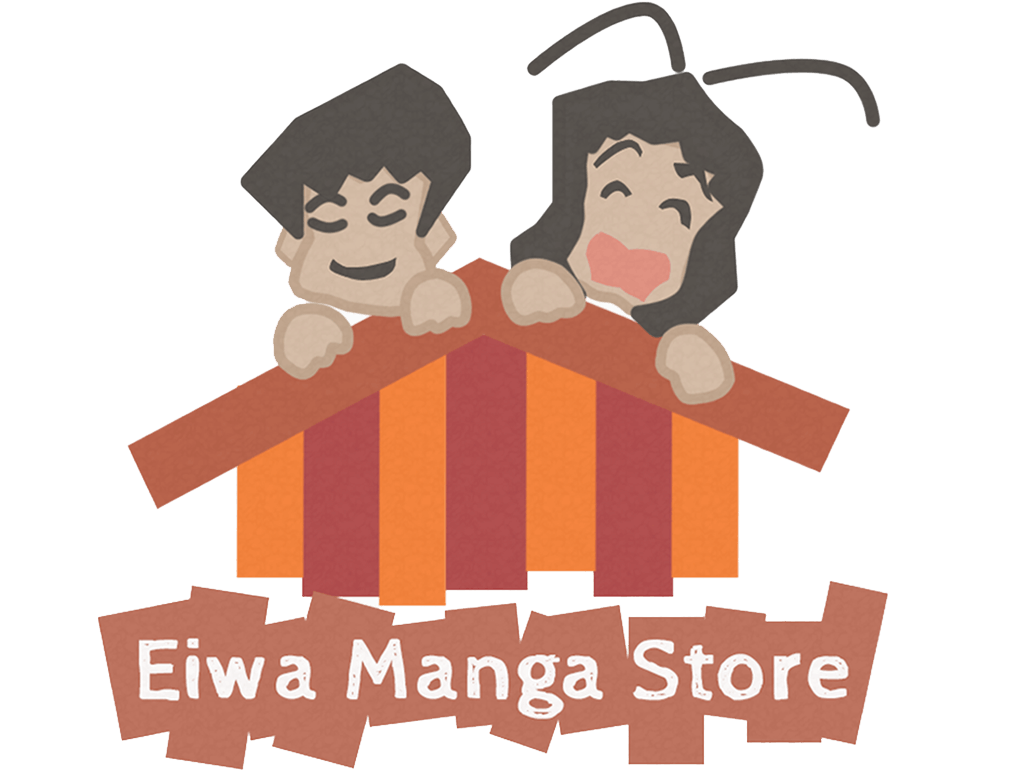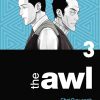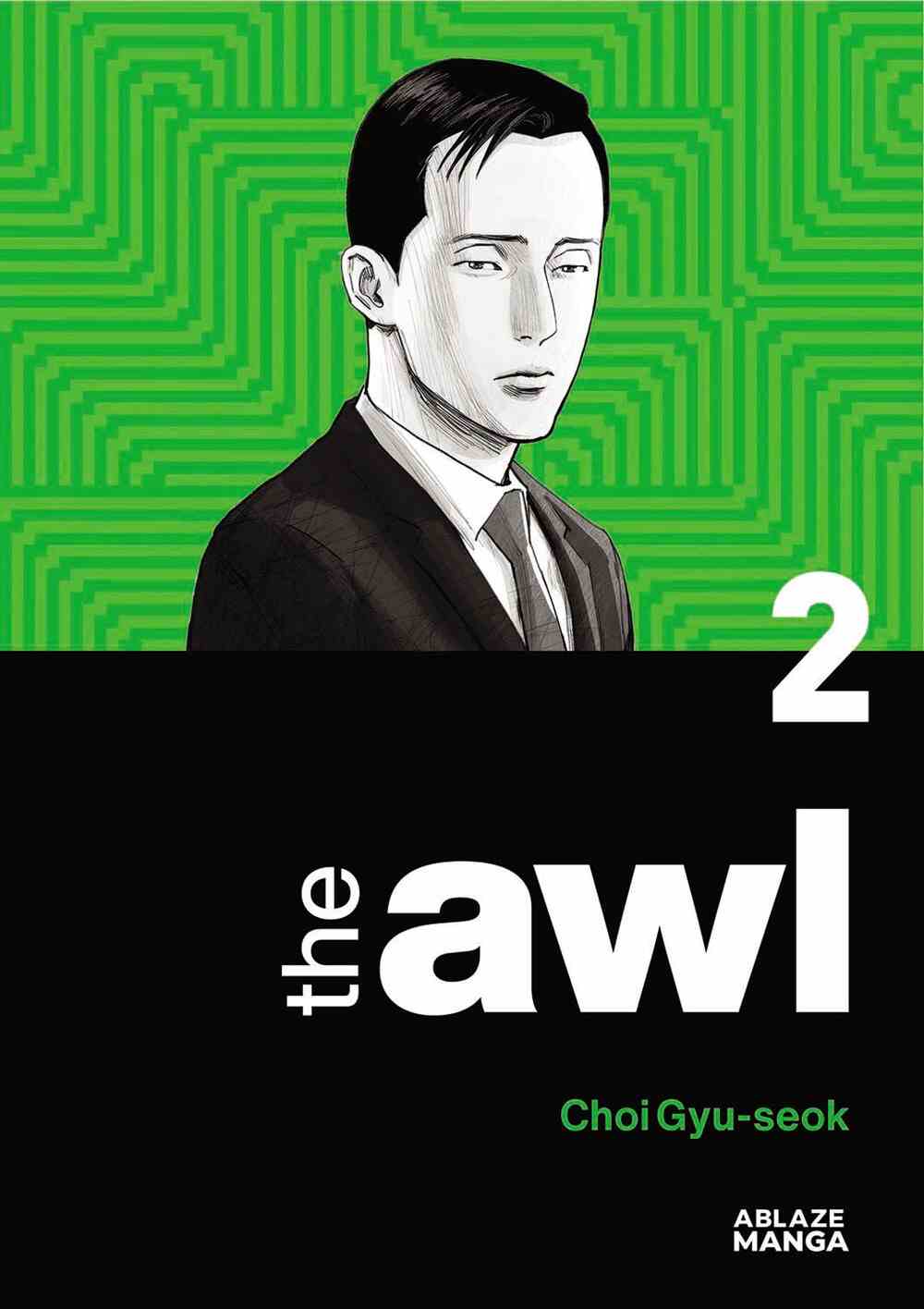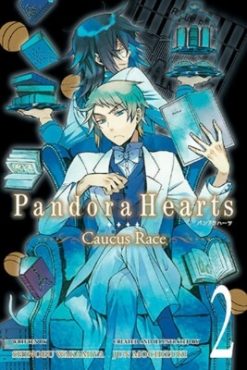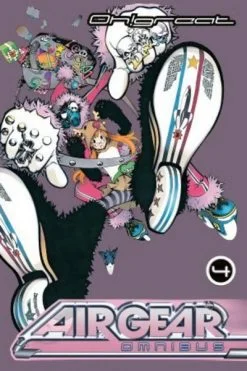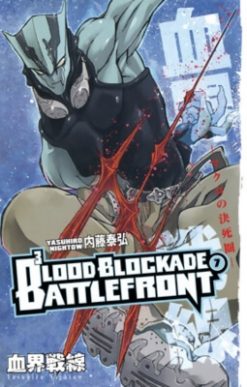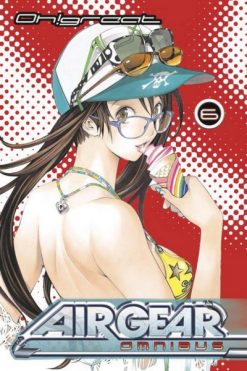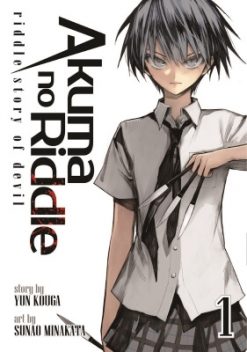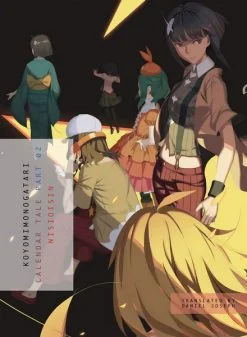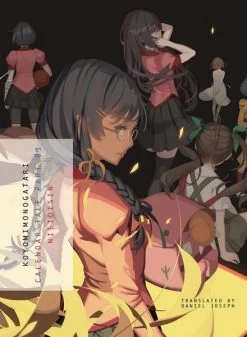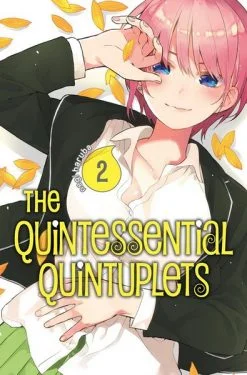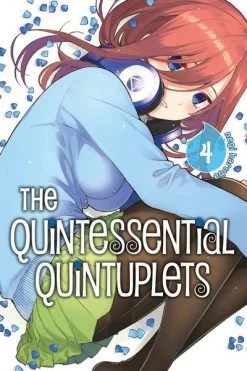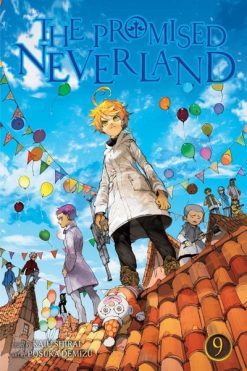The Awl Vol. 02
₱820.00 Original price was: ₱820.00.₱780.00Current price is: ₱780.00.
For Special Order
The Awl Vol. 02
The Awl is a story of ordinary folks struggling to be treated as humans.
In the face of corporate greed and reprehensible actions, a bond of respect has formed between young executive Yi Su-in and union activist Gu Go-sin. Seeing what his employers are capable of, Yi joins Gu in trying to establish a union for the company’s employees. But despite the unacceptable working conditions, the workers are reluctant to go through with it…until they witness a shocking situation involving one of their fellow employees.
Series Overview: Set in the latter half of the 2000s, against the backdrop of “Pureumi”, a fictional superstore chain in South Korea, the work unfolds with a focus on two protagonists: Yi Su-in, who has been instructed by the corporation to dismiss workers unjustly; and Gu Go-sin, a labor activist.
A man of principles, Su-in is someone who cannot restrain outspoken criticism and is constantly at odds with the world. Though he has quit a career in the armed forces to live quietly and chosen an ordinary job, he once again clashes against the world because the company has ordered him to drive out employees by force.
Aiding Su-in is Go-sin, a cool-headed and deft labor activist who runs a labor counseling center near the Pureumi chain. Unlike Su-in, who has difficulty getting along with people and sternly sticks to rules, he approaches others without hesitation and even resorts to extreme measures at times to accomplish goals.
Biographical Notes:
Choi Gyu-seok is best known for being the artist of The Hellbound 2: The Resurrection, Revelations, and The Hellbound. Also known for being the author & artist of The Awl and Korea As Viewed By 12 Creators.
Title Notes:
Since others have amply praised the excellence of the theme already, to recommend the work as someone in the same field, I never even imagined that so much entertainment could be had from such a topic.
The completion of a monumental work in South Korean comics. Choe Gyu-seok has painstakingly finished a tale harbored for a long time like an emotional debt, without a single panel drawn carelessly.
The Awl is a tale neither of a knight-errant saving pitiable commoners nor of the populace attaining enlightenment on their own and achieving liberation as workers.
Related products
Manga
